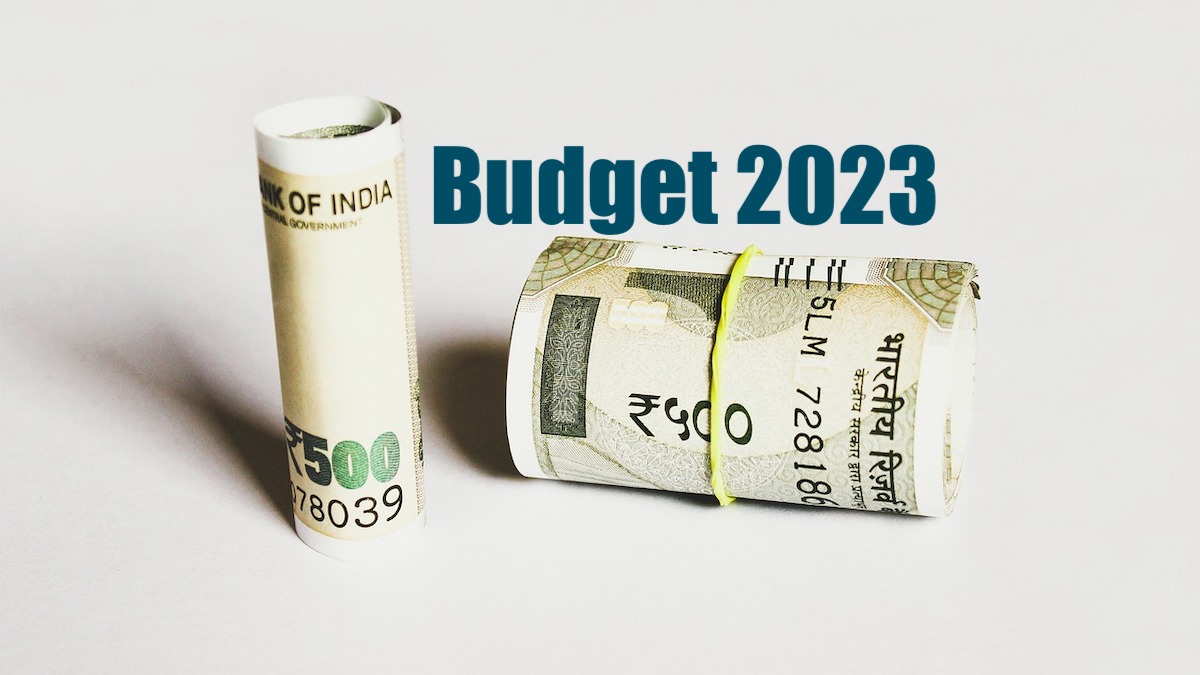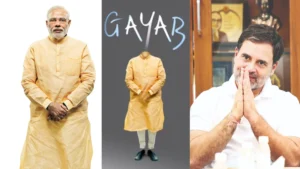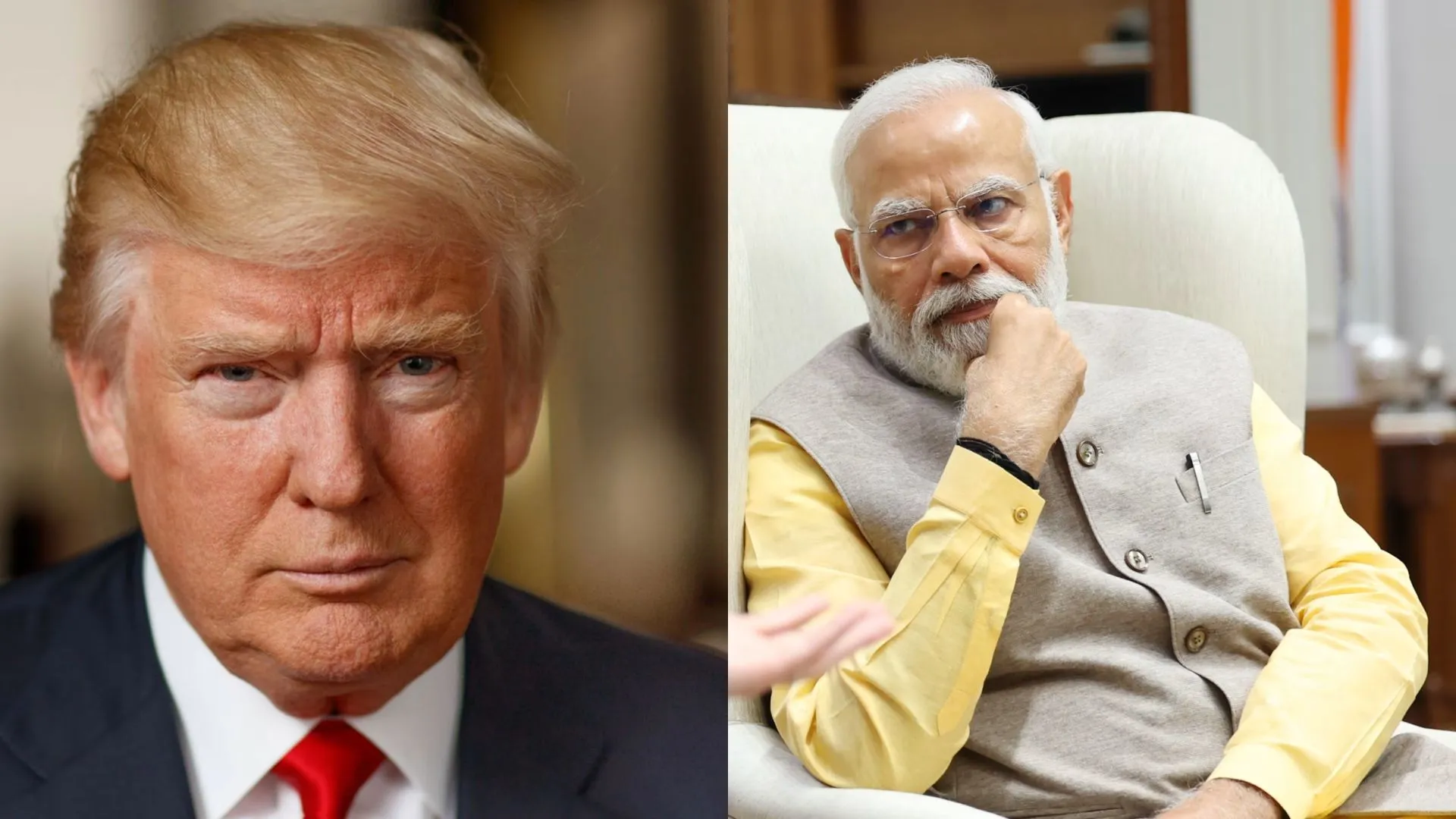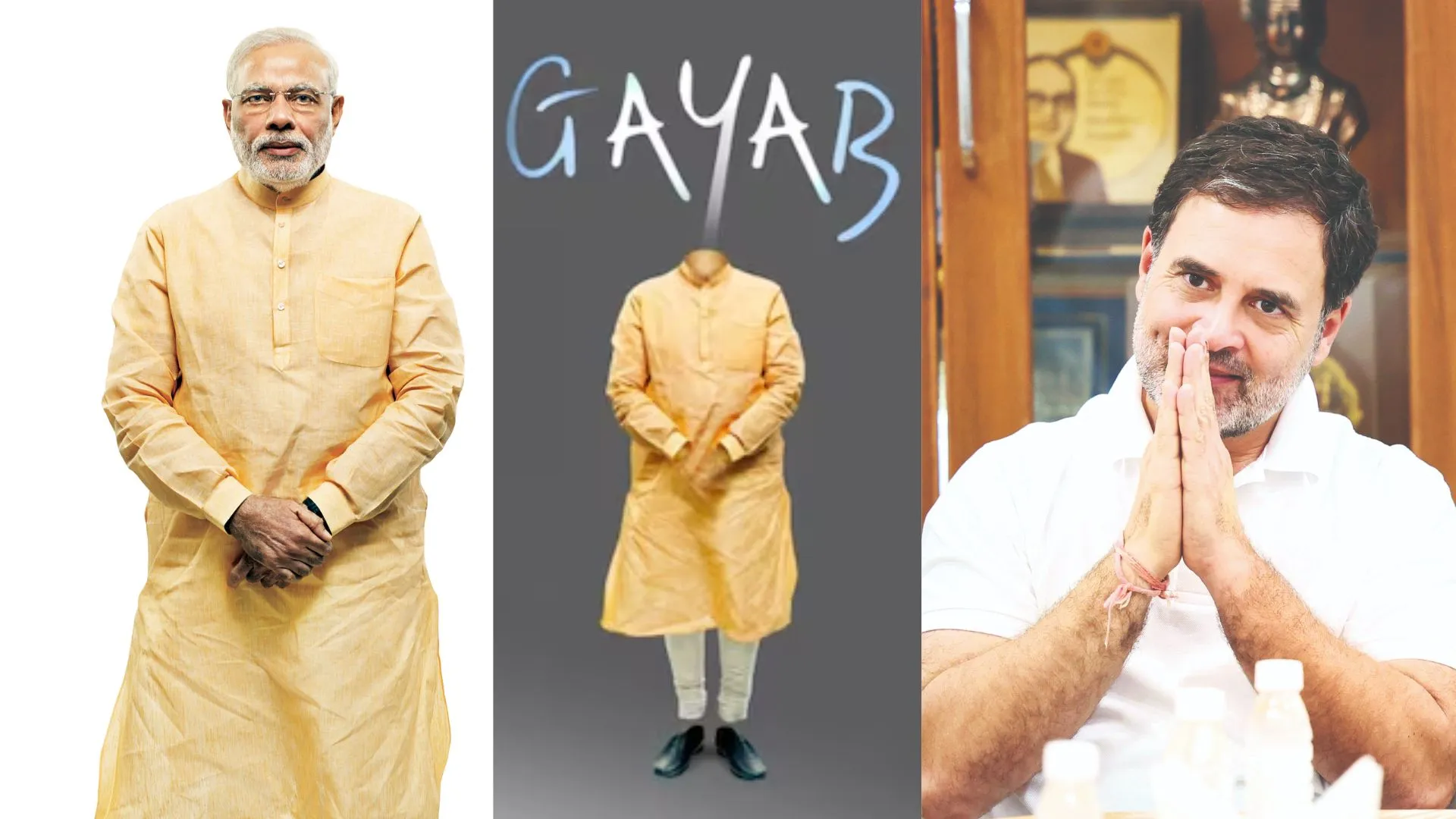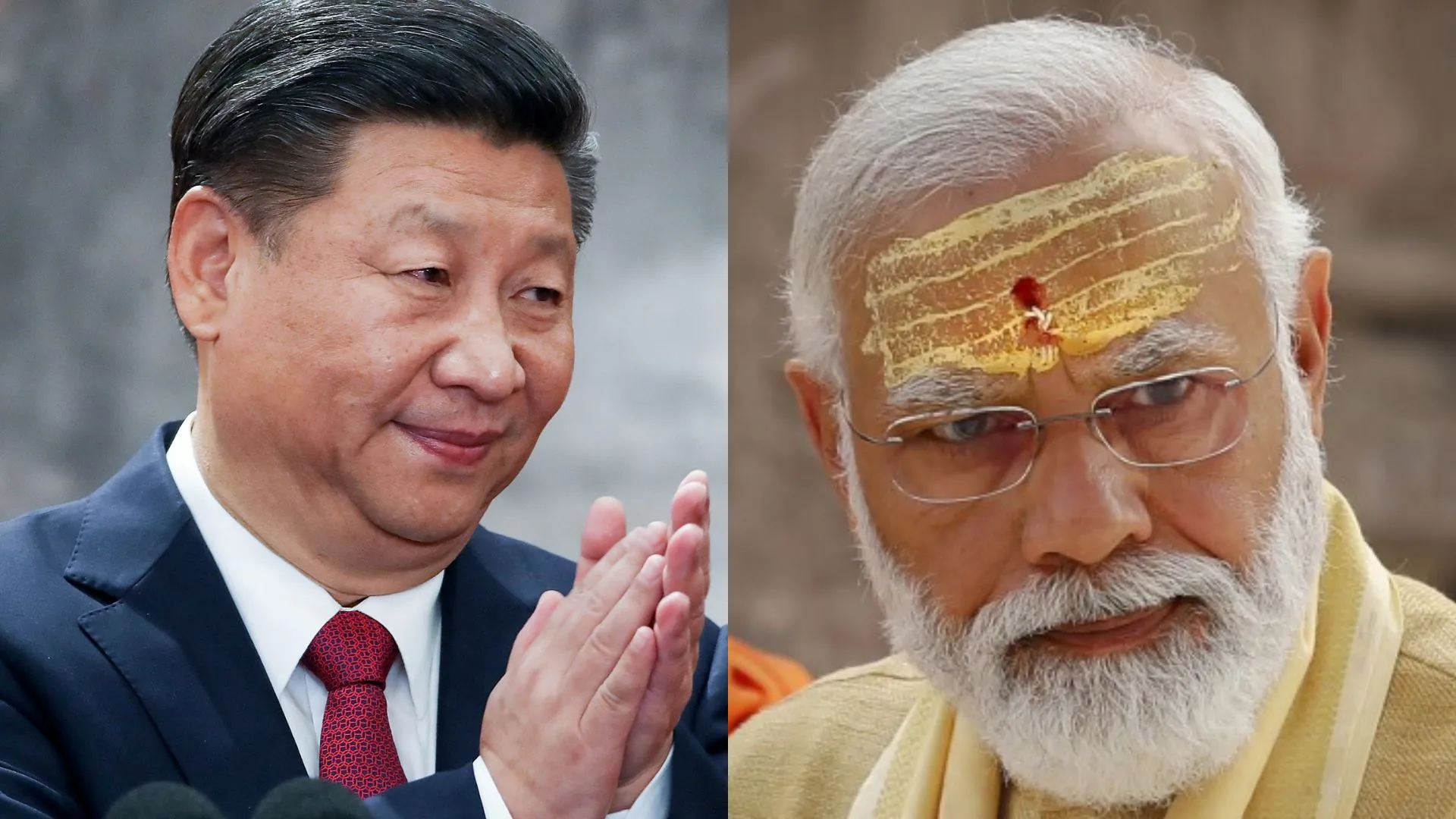The Union Budget for financial year 2023-2024 is set to be presented in the Parliament by Finance Minister Nirmala Sitharaman on February 1. This is the Finance Minister’s fifth consecutive Budget speech, and like the previous two, it will be delivered digitally rather than on paper. Notably, this is the final full Indian Budget before the 2024 General Elections.
Let’s have a look at top 20 expectations from the Umnion Budget 2023:
Taxes
Expectation 1: Increase 80C exemption limit from ₹1.5 lakhs to ₹2-2.5 lakhs.
Expectation 2: Raise of basic exemption level for income tax from ₹2.5 lakhs to ₹5 lakh.
Expectation 3: Increase 80D limit in medical insurance premiums for senior citizens from ₹50,000 to ₹75,000-1 lakh.
Expectation 4: Increase limit of principal deduction on housing loans from ₹1.5 lakh to ₹5 lakh.
Healthcare
Expectation 5: Infrastructure status for healthcare sector to create access to low-cost funding.
Expectation 6: Incentivisation & reallocation support to doctors to enable rotation of specialists.
Expectation 7: Reduction in import duty on sophisticated diagnostics equipment.
Infrastructure
Expectation 8: Allocation of a special budget to build climate-sensitive & climate-smart cities.
Expectation 9: Increased allocation to roads & highways sector from last year’s ₹1.99 lakh crore.
Food & Beverages
Expectation 10: To aid in the sustenance and development of the industry, the Budget must prioritise growth-oriented measures to stimulate demand and consumption by outlining supportive policies, simplified regulations, skill development initiatives, and simple Goods and Services Tax (GST) norms.
Expectation 11: Because e-commerce has become an essential component of the nation’s inclusive economic growth, the sector wants a strong and fair e-commerce strategy.
Expectation 12: Allowing input taxation can help to accelerate the sector’s growth. Furthermore, allowing for a tax refund on taxes paid on beverage vending machines (18) used in corporations (B2B) where the output tax is only 5% will prevent MSME sector enterprises from carrying out their normal operations.
Startup
Expectation 13: An extend period of incorporation is expected beyond April 1, 2023 to enable new startups tax exemption under 80-IAC.
Expectation 14: Extend tax holiday period of 3 consecutive years for deduction to 5 years.
Expectation 15: Removal of ₹100 crore turnover condition to be an ‘eligible startup’ in section 80-IAC.
Space
Expectation 16: A space-based production linked incentive (PLI) scheme for space tech startups is expected to help boost local manufacturing and encourage capability building within the country, according to the private space sector. The sector wants the government to provide financial assistance to space companies and organisations in the form of loans, grants, and tax breaks.
Semiconductors
Expectation 17: India Electronics and Semiconductor Association (IESA) suggests imposing import duty to encourage the manufacturing of electronic equipment in India.
Electronic Vehicles
Expectation 18: Allowing input taxation can help to accelerate the sector’s growth. Furthermore, allowing for a tax refund on taxes paid on beverage vending machines (18) used in corporations (B2B) where the output tax is only 5% will prevent MSME sector enterprises from carrying out their normal operations.
- Rationalizing GST rates for electric vehicles and their essential components Currently, the GST outlay on electric vehicles is 5%, while the majority of their components are subject to a higher levy of 28% and 18%, respectively. The government should combine these components under the same 5% cap.
- Battery prices have increased by 25% in the last year due to increases in input costs. The government should consider providing incentives, such as viability gap funding, for Energy Storage System projects for a transitional period until costs fall to a reasonable level, after which the incentives can be phased out.
Defence
Expectation 19: For the fiscal year 2021-2022, the Modi government allocated Rs 5.25 lakh crore to the Ministry of Defence. A total of Rs. 1.19 lakh crore has been requested for military pensions. Budget for this sector is expected to be increased by 10-20% with increased allocation in combat aircraft, combat drones and missiles.
Agriculture
Expectation 20: Agriculture’s budgetary allocation has increased at an annualised rate of nearly 20% over the last nine years. The allocation for 2022-23 was 1.322 lakh crore, up from 27.662 crore in FY14. According to a Deloitte India report, the agriculture sector has the potential to generate $800 billion in revenue for India with an investment of more than $270 billion by 2031. According to the report, the government must implement policies to encourage technology adoption in order to modernise agriculture. According to the report, the government will also incentivize agri-tech start-ups to improve access for small-holder farmers.


